Propane-Powered Buses Drive Sustainability in Westerville City Schools
Westerville City Schools is leading the charge in sustainable student transportation by transitioning 70 of its 116 diesel school buses to propane. This move showcases the numerous advantages of this cleaner, greener fuel. The district’s decision to embrace propane reflects a commitment to environmental responsibility, cost savings, and enhanced operational efficiency.
Environmental Benefits and Cost Savings
Propane is a low-emission, clean-burning fuel that significantly reduces the environmental impact of school bus fleets. For Westerville, the switch to propane has been a major success, both environmentally and financially.
Shawn Dawson, the Fleet Manager, shares, “We take pride in minimizing pollution for our children, and the switch to propane has been a great success.”
Westerville has aligned its operations with its Green Tree USA designation by gradually retiring its diesel-powered buses and replacing them with propane as they reach the end of their service life, actively reducing its carbon footprint.
Financially, the district has seen substantial savings. The stable market price of propane makes budgeting easier, as opposed to the fluctuating costs of gasoline and diesel.
Dawson explains, “With our previous consumption of 240,000 to 250,000 gallons of diesel annually, even small changes in fuel price had a significant impact. Propane offers us stability, which is crucial for our budgeting.”
This financial predictability, coupled with reduced maintenance costs, makes propane a cost-effective solution for the district.
Operational Efficiency and Safety
Propane-powered buses are not only environmentally friendly but also enhance operational efficiency. Dawson highlights that the district’s propane buses have led to “40-50% less maintenance cost than diesel buses.” The cleaner-burning nature of propane reduces engine wear and tear, leading to fewer breakdowns and longer-lasting vehicles.
The quieter operation of propane buses is another key benefit.
Dawson states, “Drivers were initially hesitant, but they quickly realized the benefits. The quieter operation of propane buses reduces noise, making it easier for drivers to hear children and manage on-board behavior.” This improvement in driver and student safety underscores propane’s advantages over traditional fuels.
It financially made sense, and it made sense for our children's lungs"
Shawn Dawson
Supporting the Transition
Westerville’s success with propane is further supported by grants from the Ohio Propane Gas Association (OPGA), Ohio EPA and The American Lung Association, making the transition both feasible and advantageous.
By adopting propane, Westerville City Schools is driving sustainability and ensuring a safer, more efficient, and financially sound future for its transportation fleet.
$16,000 Available from the Ohio Propane Gas Association
With budget constraints and a big push to transition Ohio’s fleets to cleaner fuels, the Ohio Propane Gas Association is here to help. The OPGA is offering fleets up to $16,000 for propane vehicles to help them immediately cut their carbon footprint. The OPGA has experts to help fleet managers, treasurers, and city officials make the transition a smooth one.
